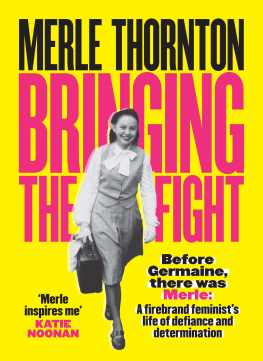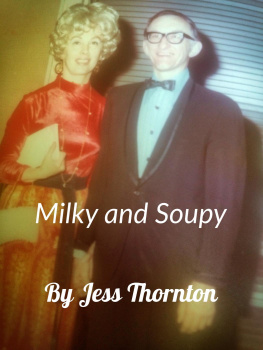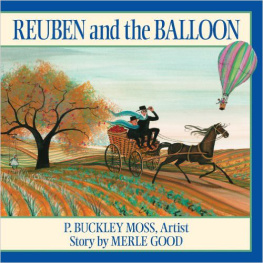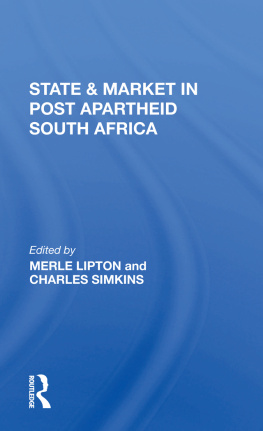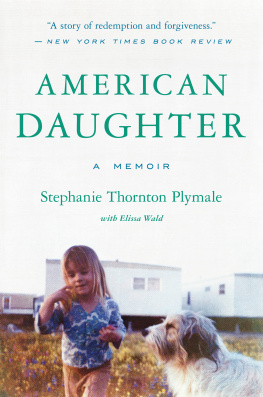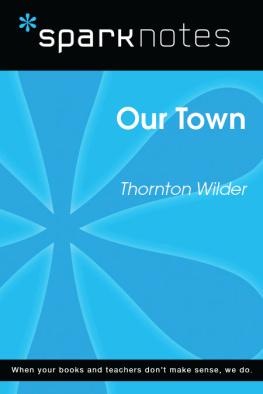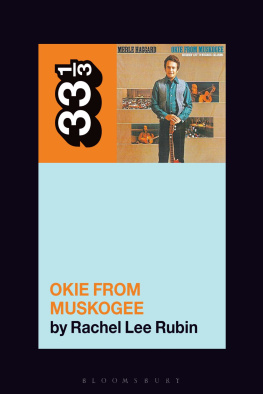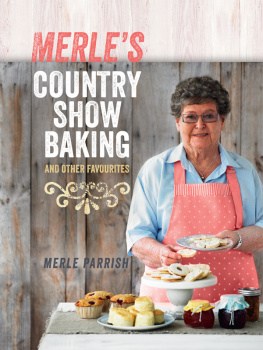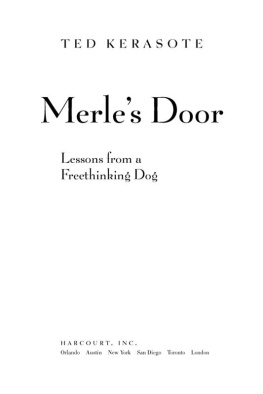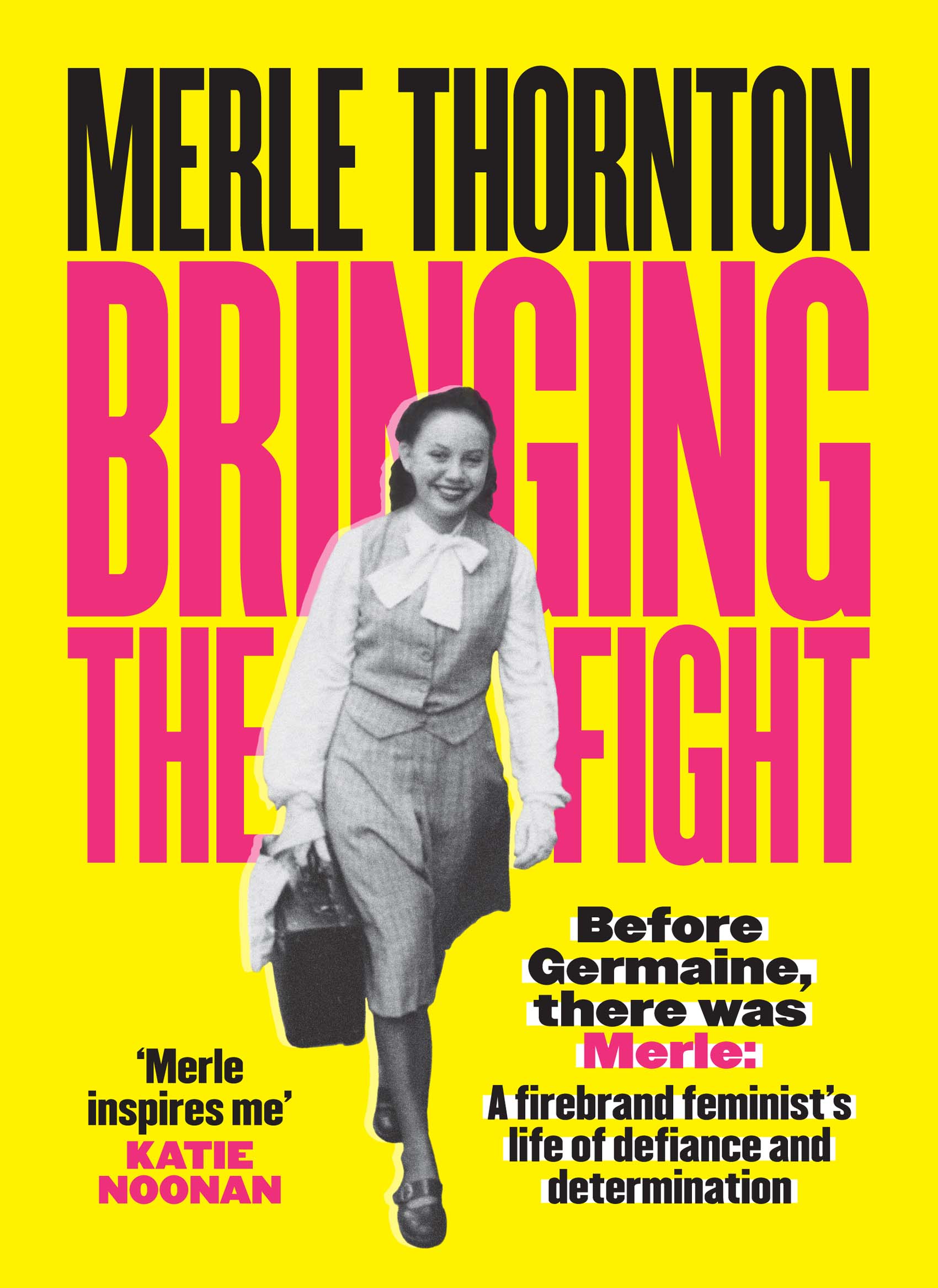Contents
Guide
I HAVE ALWAYS
LOVED ARGUING,
FIGHTING
FOR MY VIEW TO BE
HEARD AND
PERSUADING OTHERS
TO CHANGE
THEIR
MINDS.
For all the fighters
Contents
TO PROTECT WOMEN
AGAINST
THEIR WILL
FROM CERTAIN
CONVERSATIONS OR
SOCIAL SITUATIONS
IS TO TREAT THEM AS
CHILDREN.
I didnt always speak my mind.
I was born in 1930 when Australia well, the whole world, really was so different from how it is today. Back then women were encouraged to be compliant, supportive wives, focused on maintaining clean and tidy children and a clean and tidy home. I wanted this too, and more much more.
From an early age I saw that women mostly got a bum deal and for much of my life Ive tried to call out unfairness whenever I have seen it. At the near grand old age of ninety, however, I retain enough good sense not to proclaim myself as wise, and many who know me will vouch that I am quite the opposite. Its true I am outspoken, obstinate, argumentative and perhaps too willing to share my thoughts. Even so, as the years have piled up I may have learned a thing or two worth sharing.
In 1965 I staged a protest, in a public bar in Brisbane, to agitate for women to be allowed to drink there alongside men. It may not seem that extraordinary now, but it was a catalyst for change that would go on to improve the lives of many women across the country. Some people even regard this act as the beginning of the second wave of feminism in Australia and, for a brief while, it captured the attention of the world.
I have always considered myself a feminist. For me, feminism means the pursuit of the advancement of women, and a feminist is someone who undertakes that pursuit. It is the active practice of people contributing some of their life energy to improving the lives of women. The key word here is active its about doing something, not just proselytising. And for me, the advancement of women means that women should have myriad opportunities to make different life choices for themselves throughout their lives.
Younger women today may have only a vague sense of how feminism grew in fits and starts through the twentieth century, especially in Australia. I want to remind everyone that things have changed. There have been important developments in legislation and today womens participation in the salaried workforce is around 60 per cent; when I was a child it was a third of that. And yet, for the very reason that such progress has occurred over recent decades, I worry that people who have the authority may wind back such changes. We only need to look at whats happened in the United States, when in 2019 close to thirty states introduced some type of abortion ban, with some states declaring it illegal for a woman to seek an abortion once they have been pregnant for six weeks. We must be vigilant here. We must ensure all our hard-won progress to advance womens opportunities and standing in society is secure and make room for more improvements.
And more improvements need to be made. Were still some way off gender equality despite the fact that the principle of equal pay for equal work was introduced in 1969 and anti-discrimination legislation was passed in 1984. In September 2018 the Australian Bureau of Statistics reported that big challenges remain for gender equality, given that the gender pay gap has remained stable over the last decade, with women earning 89 per cent of the earnings of men. Its been fifty years and we still dont have pay parity, even with like-for-like employment. How can that be?
Another big issue is the disparity in superannuation earnings where women approaching retirement generally have around 60 per cent of what men may have ($196,000 compared with $310,000), a result of the high number of women who work part-time and who had left the workforce to have children and be the primary carer.
I would love my story to encourage all feminists of all genders to speak up and call out inequality and prejudice whenever they see it and to agitate for change. Activism is something that every one of us can be part of, no matter what our background, education, income or gender may be. Each of us can help, and if we do this together well, thats when big changes are possible. As a sixty-year veteran of protests, rallies, marches and lobbying, I know this to be true.
I urge you, dear reader, to become curious and engaged about fairness and equality issues because they affect us all. My own early efforts of protest may appear ridiculously rudimentary compared with todays slick online campaigns but they worked. I knew that the time had come and I had to act. Perhaps its now time for you to take over, to speak up and speak out and to bring the fight.
I was an only child. Its often assumed that only children can be headstrong and I am. Much of this, I think, had to do with the great luck I had with my parents, who were highly attentive and encouraged me to ask questions about the world. My parents never treated me as a child who shouldnt be heard but like a small adult, and my questions and there were many were considered carefully by both Jean and George before they responded. Mums labour was harrowing, and that along with some post-partum health scares made my parents stop with me. Im sure that in being an only child I felt the responsibility of having to be all children to my parents. I was both serious and conscientious. And I was spoiled and indulged. Around the age of five while in the city, my mother and I visited some public lavatories. I had come out of the stall and, as I was washing my hands, asked, Are there microbes on this washbasin, do you think? The two other women standing alongside looked at me askance, though Mum didnt bat an eye.
I have heard that single children who benefit from that extra parental attention tend to be over-achievers and find it difficult to admit when theyre wrong. I am guilty on both counts.
Dad instilled in me a curiosity for how things worked while Mum took a more philosophical bent with questions that began with why. Both believed knowledge brought opportunities. As well as being the focus of their attention and affection, I suspect they thought I would also resurrect their own thwarted ambitions. My mother, Jean, wonderful though she was, lived vicariously through me and at times that would create some conflict. It also meant that as I got older I grew more discerning about what to share with them and what to keep to myself. I never wanted to upset or disappoint them.
My father, George, was born in 1900. His cousin Norman was born in the same year and the two boys were close. Normans father died after a fall while working at Sydneys Grace Brothers store (now Myer) so his mother, Sadie, took on housekeeping jobs, though she still struggled to put food on the table. Despite those hardships, Norman went on to study at agricultural college. In contrast, my dad didnt take to formal education and left school at fourteen, dismissing it as a no account thing; in part I knew he wasnt being truthful here, because he loved learning about things. I suspect a lot of it was from his eagerness to get out into the world and away from his own controlling father. Dad and Granfie had a fantastic knack for fixing all sorts of appliances and machinery and it seemed as if there was nothing they couldnt repair or make from scratch. But after Dad had accompanied his father on several jobs he decided he didnt want to work with him anymore, nor did his younger brother, Vic: apparently the two boys were given the really nasty, dirty jobs and, to add insult to injury, their father rarely paid them for it. My dads lifelong fascination with and wonder for new discoveries and inventions really started in the 1920s when he used to make crystal radio sets and people passing in the street would stop to hear sound magically springing from thin air.
Next page
